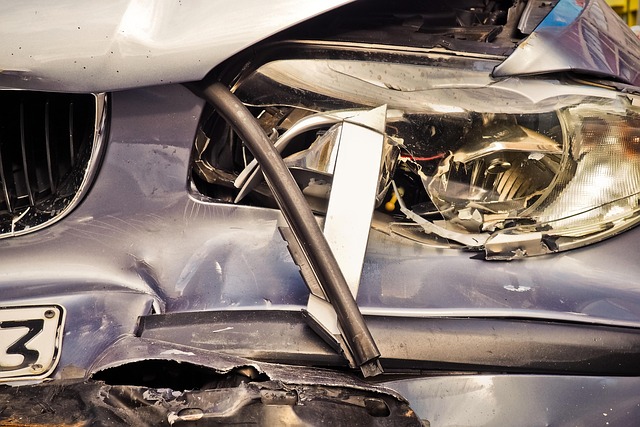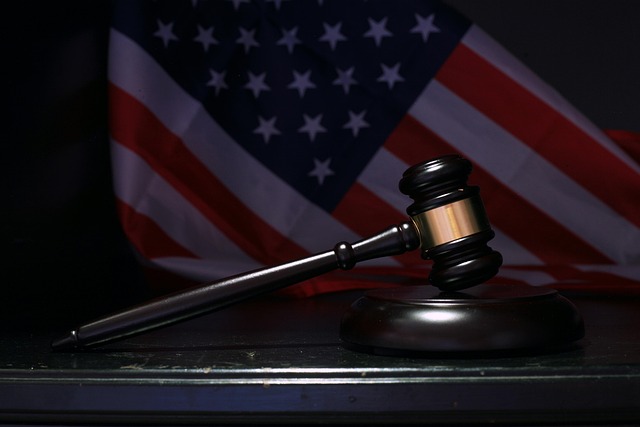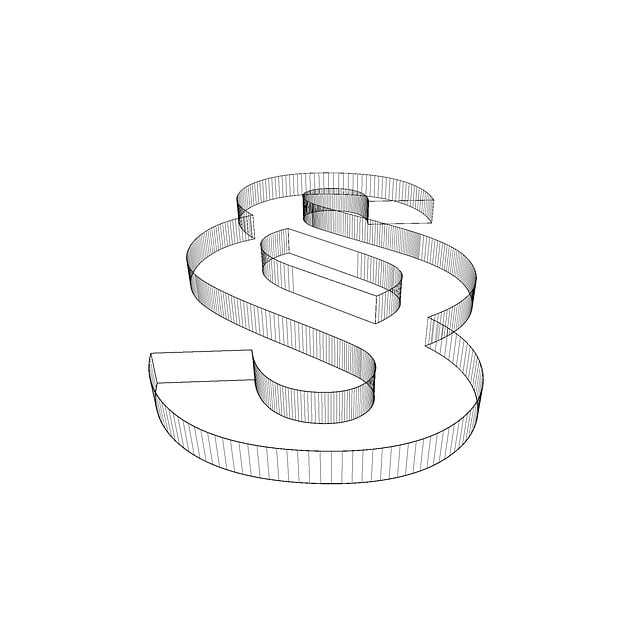Dog owners are legally responsible for protecting others from their pets' potential harm, including physical injuries and property damage, even when dogs are in the care of third parties like caretakers or walkers. Negligence in preventing such incidents can lead to significant legal consequences. In the context of dog owner liability, caretakers have control over a dog's activities and well-being, distinguishing them from casual observers. Liability is established by proving negligence or intentional actions, considering prior behavior patterns, training, and supervision. Dog walkers, for instance, must ensure suitable environments and routines to minimize risks.
In today’s world, dogs are often beloved family members. However, when dogs cause harm, understanding dog owner liability is crucial. This article delves into the legal obligations of dog owners and how their responsibility extends beyond just owning a pet. We explore who qualifies as a caretaker and how to establish liability in dog-related incidents. By understanding these dynamics, dog owners can ensure they’re properly protected and accountable for their pets’ actions.
- Dog Owner Responsibility: Legal Obligations
- Who Qualifies as a Caretaker?
- Establishing Liability in Dog-Related Incidents
Dog Owner Responsibility: Legal Obligations

Dog owners have a legal obligation to ensure their pets do not cause harm to others. This responsibility extends beyond their direct control and can include situations where their dogs are in the care of caretakers or walkers. When a dog, under the owner’s supervision or while on a walk, causes injury or damage, the owner may be held liable for accident compensation.
This liability is not limited to physical harm but also encompasses property damage. For instance, if a dog owned by someone damages another person’s property, the owner could face a product liability claim, much like in cases involving defective products. Dog owners must be vigilant and take proactive measures to prevent such incidents, as their negligence can result in significant legal repercussions.
Who Qualifies as a Caretaker?

In the context of dog owner liability, a caretaker is anyone who regularly cares for or supervises a dog on behalf of the owner. This can include family members, friends, neighbors, or professionals like pet sitters and dog walkers. The key requirement is a level of responsibility where the individual has control over the dog’s activities and well-being during their care period. For instance, a pet sitter who stays at a homeowner’s property to feed, exercise, and monitor the dog meets the criteria as a caretaker under dog owner liability laws.
It’s essential to distinguish a caretaker from a passerby or casual observer. A personal injury attorney Miami FL might be needed if a dog, left unattended by its owner, causes harm to someone on public property. Unlike a caretaker, who is actively involved in the dog’s care, a passerby does not owe any duty of care to control the animal’s behavior. Similarly, unlike cases involving defective products that lead to personal injuries (as handled by a car accident lawyer Orlando), dog-related incidents under dog owner liability typically focus on the responsibility of those directly involved in the dog’s supervision and management.
Establishing Liability in Dog-Related Incidents

Establishing liability in dog-related incidents is a nuanced legal matter, with the onus often falling on dog owners to prove their pets’ behavior was within acceptable limits. Dog owner liability extends beyond mere ownership; it encompasses situations where individuals or businesses have assumed care or responsibility for a canine. This includes caretakers, walkers, and even trainers, who may be held accountable if their negligence or intentional actions result in harm caused by the dog.
In cases of injury or damage, legal frameworks consider factors such as prior behavior patterns, training, and supervision to determine liability. For instance, a truck accident lawyer might argue that a breach of fiduciary duty occurred when a caregiver failed to recognize signs of aggression or take adequate precautions while handling a potentially dangerous breed. Similarly, medical malpractice settlements have highlighted the responsibility of dog walkers to ensure their charges are matched with suitable environments and routines, minimizing risks of stress-related incidents.
In conclusion, understanding the legal implications of dog ownership is paramount. Dog owners bear significant responsibility for their pets’ actions, and this extends to those who care for or walk them. By recognizing the various roles that can carry liability and being mindful of their legal obligations, dog owners can better navigate potential incidents involving their pets. Awareness and proactive measures are key to ensuring a safe environment for both dogs and those around them.






